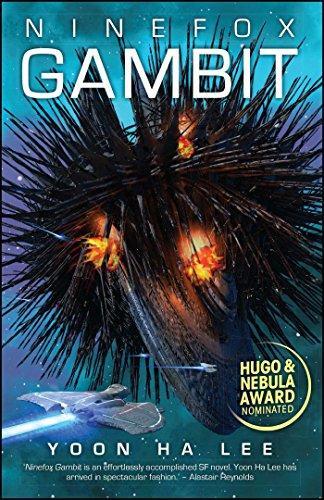Alex Keane reviewed Ninefox Gambit by Yoon Ha Lee (The Machineries of Empire, #1)
Great Sci Fi Rebellion Story
4 stars
What happens if all your technology depends on everyone thinking the same and then they don't?
Kel Cheris gets drummed out of the infantry but offered a new chance if she'll take out some heretics and is given her choice of weapon to do so. She chooses the long dead and supposedly insane but preserved General Shuos Jedao. But can Cheris survive the contact with heresy?
I really enjoyed the banter between Jedao and Cheris and the ideas behind calendrical warfare and heresy. I only wish there'd been more closure in this story (understanding that it starts a trilogy but still, close off SOME of the threads before giving the To Be Continued)
What happens if all your technology depends on everyone thinking the same and then they don't?
Kel Cheris gets drummed out of the infantry but offered a new chance if she'll take out some heretics and is given her choice of weapon to do so. She chooses the long dead and supposedly insane but preserved General Shuos Jedao. But can Cheris survive the contact with heresy?
I really enjoyed the banter between Jedao and Cheris and the ideas behind calendrical warfare and heresy. I only wish there'd been more closure in this story (understanding that it starts a trilogy but still, close off SOME of the threads before giving the To Be Continued)




